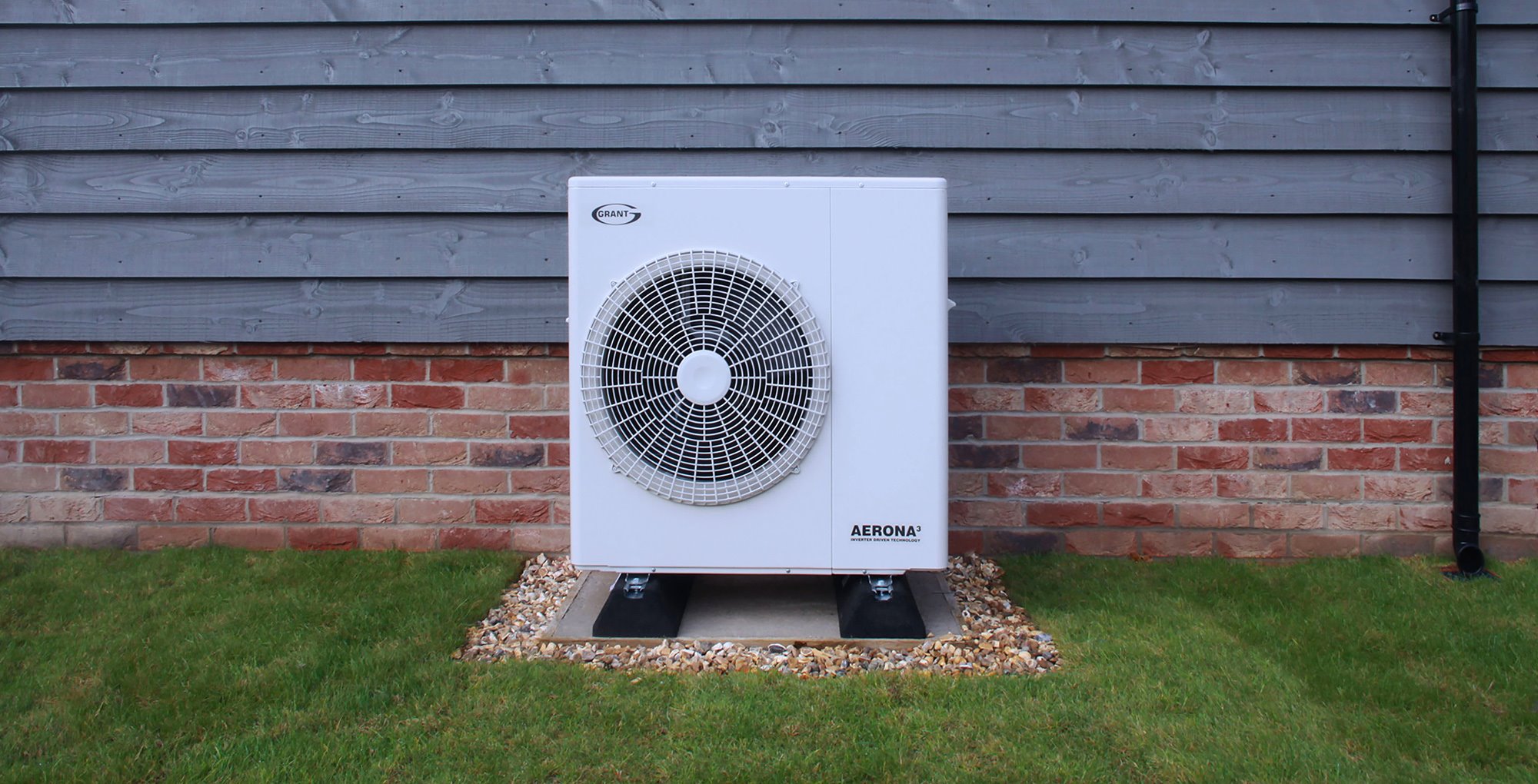Advanced heat pump efficiency techniques play a crucial role in reducing both carbon footprints and energy bills. Heat pumps are already known for their efficiency compared to traditional heating systems, but optimizing their performance can lead to even greater energy savings and environmental benefits. One of the primary methods to enhance heat pump efficiency is through proper system sizing and installation. An appropriately sized heat pump ensures that the system operates within its optimal range, avoiding the inefficiencies of overworking or underworking. Oversized units can lead to short cycling, where the system frequently turns on and off, wasting energy and reducing the lifespan of the equipment. Conversely, undersized units may struggle to maintain desired temperatures, leading to higher energy consumption.
Another significant technique is the integration of advanced controls and smart thermostats. Modern heat pumps can be paired with sophisticated control systems that allow for precise temperature management and scheduling. Smart thermostats learn user preferences and adjust settings accordingly, optimizing energy use without compromising comfort. They also provide remote access, enabling users to adjust settings from their smartphones or other devices and how many watts does a heat pump use. By ensuring that the heat pump operates only when necessary and at optimal levels, these controls contribute to significant energy savings. Regular maintenance is another key factor in maximizing heat pump efficiency. Routine checks and servicing, such as cleaning filters, inspecting coils, and verifying refrigerant levels, help maintain the system’s performance. A well-maintained heat pump operates more efficiently and has a longer lifespan. Scheduling annual professional maintenance can prevent small issues from becoming major problems, ensuring that the system runs smoothly and economically.

The use of variable-speed compressors is an advanced technique that enhances efficiency. Unlike traditional single-speed compressors that operate at full capacity or not at all, variable-speed compressors adjust their speed according to the heating or cooling demand. This modulation allows for a more consistent indoor temperature and reduces energy consumption by avoiding the energy-intensive start-stop cycles associated with single-speed units. Variable-speed heat pumps also offer improved dehumidification and better performance in extreme temperatures. Incorporating renewable energy sources, such as solar panels, can further enhance the environmental benefits of heat pumps and view the page www.jnodenergy.com. By using solar energy to power the heat pump, users can reduce their reliance on grid electricity, which is often generated from fossil fuels. Solar-assisted heat pumps can significantly lower energy bills and carbon emissions, making them a sustainable choice for environmentally conscious consumers.
Lastly, improving home insulation and sealing can dramatically impact heat pump efficiency. A well-insulated and airtight home reduces the demand on the heat pump by minimizing heat loss in winter and heat gain in summer. This means the heat pump can operate more efficiently, as it has to work less to maintain comfortable indoor temperatures. Investing in high-quality insulation, sealing gaps, and upgrading windows and doors can complement the performance of a heat pump, leading to lower energy consumption and reduced utility bills. By combining these advanced techniques—proper sizing, smart controls, regular maintenance, variable-speed technology, renewable energy integration, and improved insulation—homeowners can maximize the efficiency of their heat pumps.
